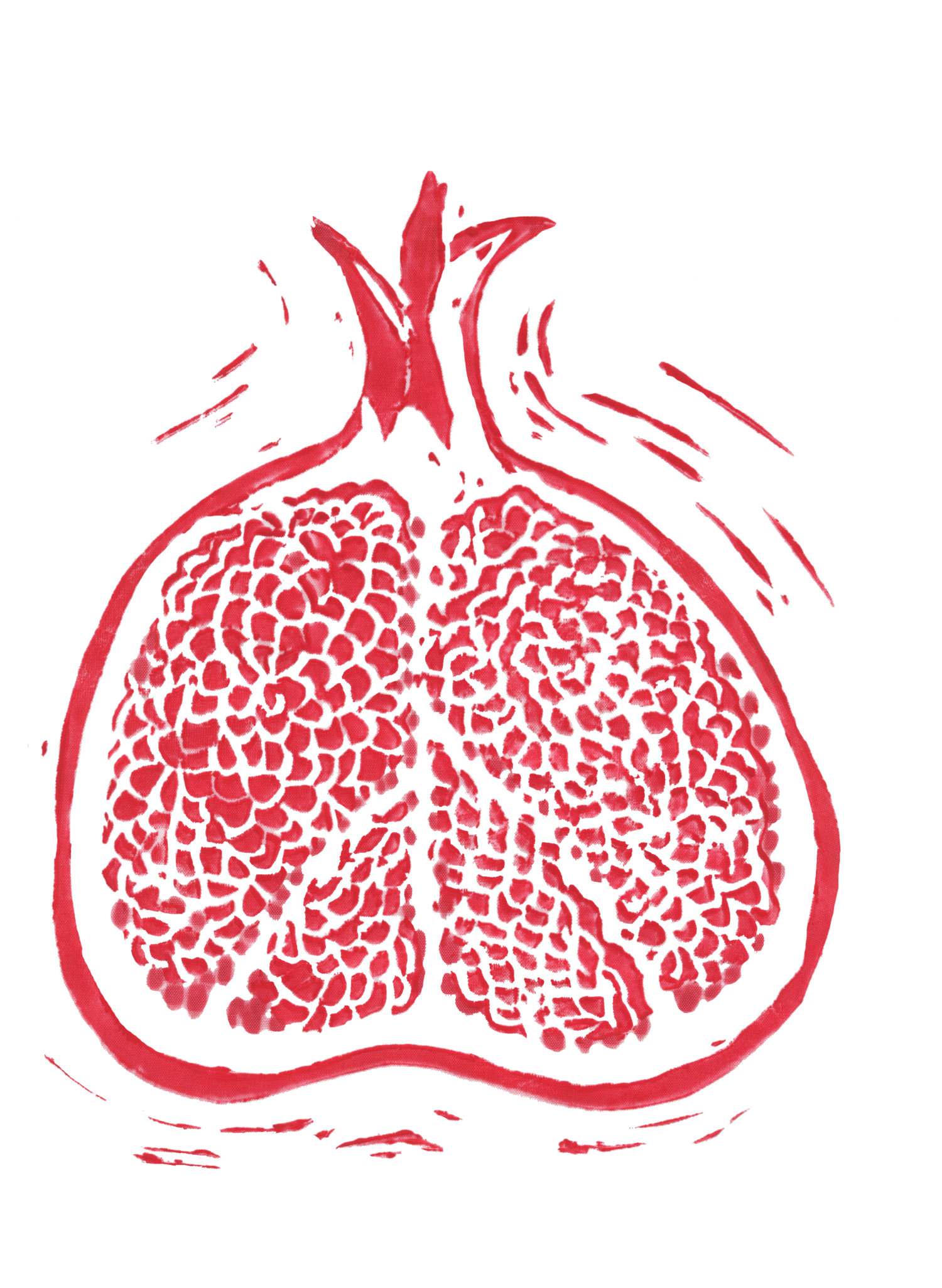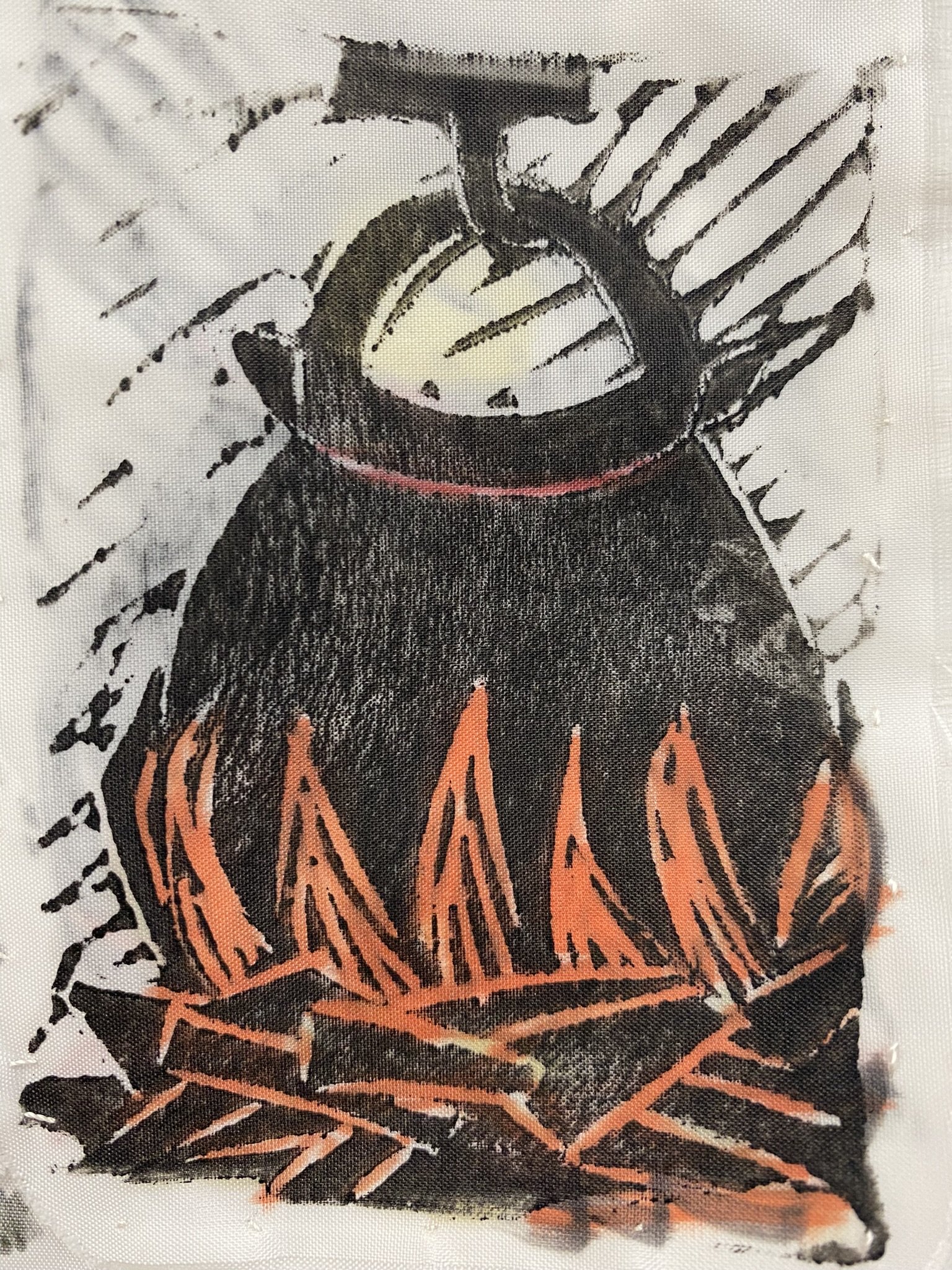Darkness Arrives: Welcoming Night
Night In This World, A Journey, Part 4 (Parts 1-3 available here)
By Sharon English
“In the dark we recover our simplicity, our happiness, and our relatedness, because in the dark we remember our souls. Once that happens, we know what life is. And then, finally, we remember how to live” — Clark Strand, Waking Up To The Dark
As a new co-homeowner here in 2014, I took great satisfaction in having the exterior floodlight disconnected. Affixed to a hydro pole near the house by the previous owners, this automated device powered on at dusk and broadcast a bright, enveloping glare until dawn. No off-switch, no timer, no dimmer. When we sat outside, the stars appeared veiled. Light leaked through bedroom curtains and made me restless and wakeful. The perversity of the situation—being deep in the country, still needing a sleep mask—was maddening. And we were paying for this!
Still, the problem had an easy and cheap solution. Soon enough a hydro employee came out to cut the wire. Darkness was restored, and with it, for me, one of the great blessings and attractions of rural living.
Our world has a nighttime face. Growing up in the suburbs, I never knew the darkness of the wild, yet I did know night. In the 70s, porch lights were generally flicked off when people went to bed. No one had floodlights. Street lighting consisted of ornamental lawn lampposts that cast soft orbs of light, like wall sconces. By day, the suburb was a place where nominal neighbours lived side by each, mostly not interacting. The schools were ugly. There was no community centre, park, pub, or shared garden; there was bugger all, really. Adults left for work to return tense and drained, while children learned the confusing, often-painful rites of obedience and competition. (1)
At dusk, however, a palpable magic crept in. The world of human preoccupations, which seemed so rigid and unassailable, lost substance. Gazing out of my bedroom window after dark, or walking those winding streets as a troubled teen, I felt mystery, poetry, freedom. Houses and driveways shrank in the face of an ancient, timeless, reassuring Presence. It was so vast, yet achingly intimate. Life expanded and deepened in both space and time. This suburban moment wasn’t the sum total of existence, and I wasn’t alone.
The darkness brought everything together. This is what darkness does.
* * * *
Centuries of determined movement towards casting the light of reason upon everything, mapping and naming and explaining all, have reached a place of shadow: a realization that the patterns are bigger, denser, wilder than imagined; that reason is but a headlamp; that we have seen through a glass, darkly. — Night in the World
Every year the human world grows brighter. This seems a potent irony of living in such gravely ‘dark’ times, yet really, it’s not an irony at all: as light pollution increases, our lives diminish. Because what’s brightening the world isn’t collective wisdom, but industry: more work, crisis, war.
We’ve all seen the photographs from space: Earth at night, her continents blotched white. Urban night is milky murk, a smoky dusk that never deepens. Stars are barely visible. Darkness—though it arrives naturally and inevitably everywhere, every day—has become a scarcity, a luxury, a privilege. Even here in the country, light pollution hazes the horizon from Halifax (45 minutes away by car), Truro (20 minutes) and residences, while multiplying satellites rove the sky. Dark sky conservation zones have been created all over the planet.
In this global 24/7 economy, there’s no room for the depths of space and time; sleep itself becomes an interruption of productivity, an inconvenience. (2) Our homes keep getting brighter, through proliferating screens and devices that glow even while not in use. We’re sold blackout masks and curtains, melatonin and drugs.
In 2008 National Geographic published an issue titled “The End of Night: Why We Need Darkness.” That year I began research towards the book that became Night in the World, and I bought and kept this issue, which discusses the environmental impacts of artificial lighting and the nascent field of photobiology. In 2017, three US researchers shared the Nobel Prize for their work on understanding circadian rhythms in humans and other beings. While the field of photobiology is still young, research has shown that, just as we need adequate sleep for our well-being, we need darkness.
That research has to tell us this is revealing in itself.
The Earth floats in a dark sea. Darkness is our home. When the sun sets, riches open up. They are not the riches of the market. They are always there, waiting in the dark. And we’ve evolved to be in relationship with darkness in every possible way: it turns out that the natural human sleep cycle isn’t what modernity has conditioned, a solid block of time, but ‘two sleeps’: a period of roughly four hours, followed by a period of wakefulness, then a second sleep. Industrialization compelled us to have one sleep only because it’s more efficient, and as collective memory forgot about the two sleeps, night wakefulness became pathologized, with people fretting about not ‘sleeping properly’ and, because we don’t take enough time for sleep, losing needed rest.
Yet night wakefulness is the norm. Writer Clark Strand calls this time ‘the hour of god,’ the liminal space where, as my adolescent self discovered, we can find ourselves most at home. (3)
* * * *
As I grew older and lived in cities, I grew used to light pollution the way one learns to ignore background noise, a necessary de-sensitizing to aggravation. But in my 40s I began to crave darkness in an almost-visceral way. This desire went hand-in-hand with a shift in life focus: a conscious reversal away from the abstractions modern education and lifestyle had instilled, towards earthly connection. It seemed to me then and now that our social and ecological problems are entwined, that we’re in a crisis of values. And as I devoted more attention to the natural world, to listening and learning, I found myself also courting the night: instead of just lying in bed when I woke in the dark, I’d put on my slippers and robe and step outside.
The magic was still there.
In the years we lived near the Humber River, I developed a relationship with the water and wooded ravine. I never went into them at night, of course, because I try to be a sensible woman, and city ravines are homes and routes for all kinds of folk. Yet one Christmas Eve, after a big snowfall, the
path leading in was so easy to see, and my sense that no one could possibly be lurking about at that hour so certain, that I ventured in, through glittering powder in blue light, under creaking oaks. Upbringing and experience said this was foolhardy, but my heart said, Be with the Beloveds. As I descended a slope, an owl swooped down and passed just over my head.
When I shared some of these reflections with the members of the Persephone Project, Andrea Most reminded us of Take Back the Night, which has fought for safety from sexual violence. She wondered “what it would look like to truly take back the night, not only so that women can walk safely through the streets – and be safe in their homes – but so that we all can learn once again what it means to set our ear to the great below, to descend and to come home.”
Winter Solstice, tipping point of the year, has passed. While sitting with a fire outside I was reminded the only other time I went into the woods at night in Toronto. It was Winter Solstice. Light poured from the city, denying the season and hour. Alone I walked a lit candle along the snowy path to the river, then returned. That procession took little time yet still feels permanent, an underground link. As we begin our slow ascent towards the distant glimmer of summer, I feel excitement and sorrow: in a world enchanted by light, darkness and rest have become fragile and fleeting, though they underpin everything. So I’m still courting darkness. In the evenings I turn the lights off and step outside.
“And you tell me that it is all gone, that everyone has forgotten, in England that has gone to the dogs, on a planet that is burning, and I tell you: shh wait, listen, sometimes you need an encounter with the dark to crack your old ways of seeing apart.”
— Charlotte du Cann, After Ithaca
(1) At least that’s one way I’d describe it. My first book explores this suburban territory from the perspective of a teen in grisly detail.
(2) Jonathan Crary’s 24/7: Late Capitalism and the Ends of Sleep offers an indispensable and succinct discussion of the history and politics of artificial lighting.
(3) Strand explores the importance of this nighttime period in Waking Up to the Dark: Ancient Wisdom for a Sleepless Age, a beautiful and deeply resonant book.






